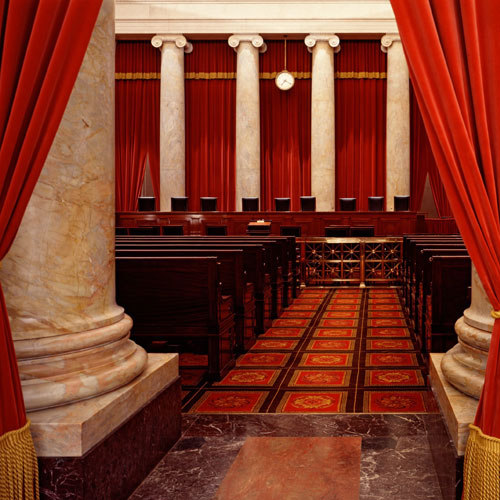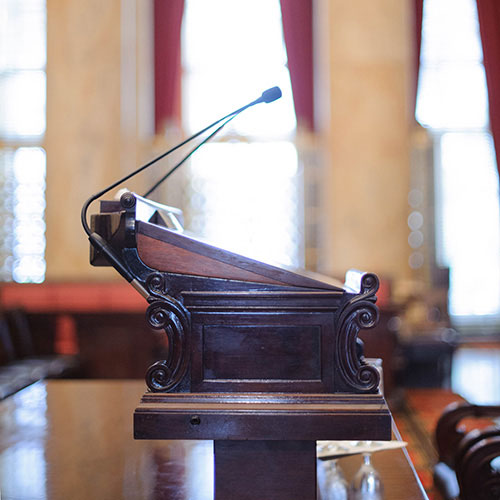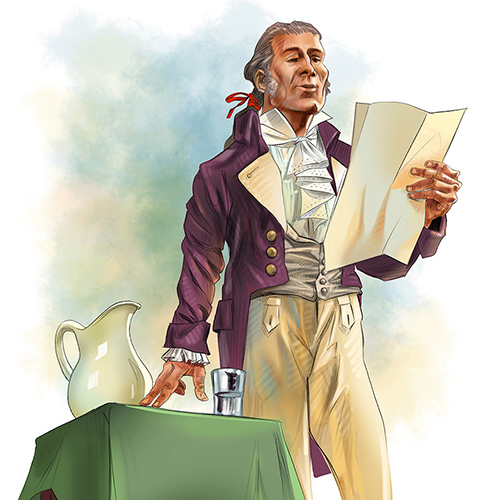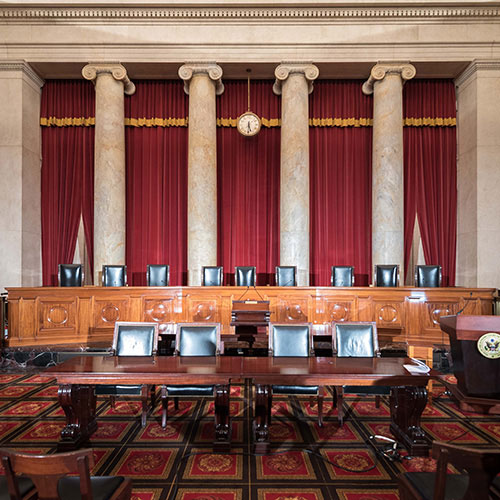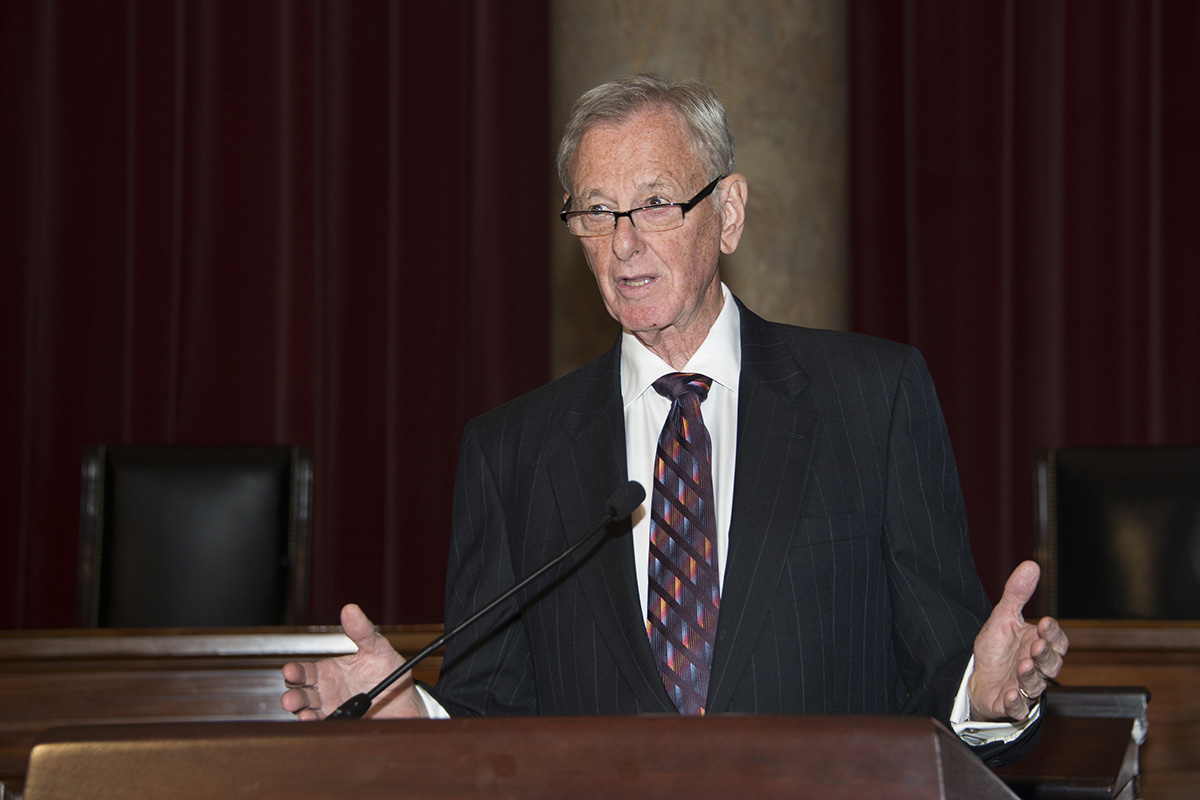
WHEREAS, in June 2021, Melvin I. Urofsky retired as Chair of the Board of Editors of the Journal of Supreme Court History and as a member of the Publications Committee after giving exemplary and dedicated service to the Supreme Court Historical Society for nearly thirty years.
WHEREAS, Mel has proven himself to be a scholar of foremost distinction in Supreme Court history, American constitutional and legal history, as well as American Jewish history. He earned his B.A., M.A., and Ph.D. in American history from Columbia and his J.D. from the University of Virginia. He has taught at Virginia Commonwealth University since 1974, where he chaired the department of history and served as director of the doctoral program in public policy and administration, and has written books and articles that have garnered praise in both academic circles and by general audiences. Mel is revered by his peers, his students, and his readers for being prolific, a talented writer and an impeccable researcher and historian. Quite simply, he is a giant in his field. His scholarship is too voluminous to note here (he has authored 53 books), but his stellar biography of Louis Brandeis, his masterful history of dissenting opinions, and his recent books on affirmative action cases and campaign finance reform cases are a few of his works that merit high praise.
When Mel did the Society the honor of agreeing to serve as chair of the Board of Editors in 1992, he took over an annual publication that was still finding its way. He successfully called on his network of Supreme Court historians and constitutional law scholars and encouraged them to submit articles to the Journal. By 1996 the Journal was no longer reprinting articles from other publications and had enough original material to become a biannual publication. Thanks to Mel’s continued efforts the Journal became a trimester publication in 1999. Under Mel’s leadership the Journal of Supreme Court History has now become a prestigious interdisciplinary journal that educates readers about the history of the Court by drawing on recent scholarship by law professors, political scientists, historians, curators, art historians, librarians, judges, and public historians. The Hughes Gossett Prize, a cash prize awarded annually for the best article in the Journal, is a highly coveted distinction by its recipients. Mel has also overseen the awarding of the Hughes Gossett student prize, encouraging young scholars to become Supreme Court historians like him. Furthermore, Mel has served ably as a member of the Society’s Publications Committee, helping to shepherd a number of books and documentaries to completion under his thoughtful guidance. He has also been a frequent lecturer in the Leon Silverman Lecture Series and the Society has benefited from his extraordinary breadth of knowledge.
NOW, THEREFORE, be it resolved, that the members of the Board of Trustees of the Supreme Court Historical Society hereby express the Society’s profound appreciation of, and gratitude for Professor Urofsky’s unparalleled contributions to the Supreme Court, the Society, and his country. We commemorate that expression of gratitude by adopting this Resolution of Tribute which will become a permanent part of the records of the Supreme Court Historical Society.
Further, be it resolved that a copy of this Resolution will be provided to Melvin I. Urofsky as a tangible expression of the profound gratitude of the Society.
